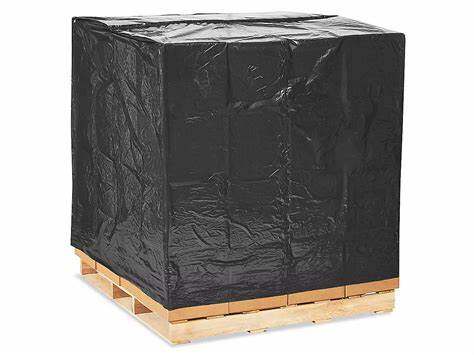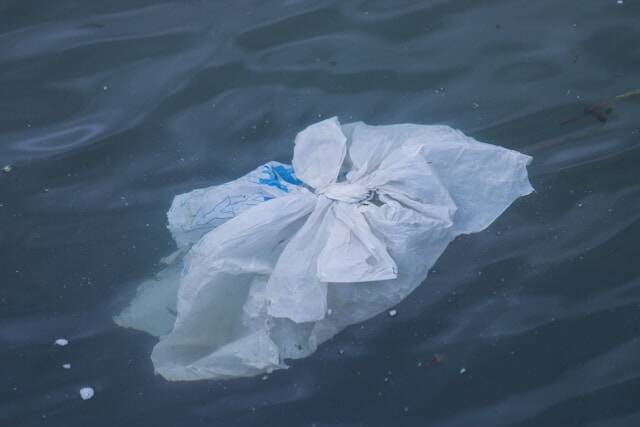Xinhua News Agency, Wuhan, December 2 (Reporter Xiong Xianghe and Hou Wenkun) The reporter learned from Wuhan University that Professor Deng Hongbing team of the School of Resources and Environmental Science and Professor Zhou Xue team of Huazhong University of Science and Technology developed a reusable, biodegradable new whole biomass fiber sponge, which can adsorb 99.8% of microplastics in water when it is first used, providing a new strategy for removing microplastics in water. The relevant research results have been published in the international academic journal Science Advances.
“Due to the large amount of plastic waste in the environment, microplastics entering land and water environments will continue to increase over the next few hundred years.” Deng Hongbing, corresponding author of the paper, said that a new all-biomass fiber sponge developed by the team, made of chitin and cotton extracted from waste squid bones, has a porous structure and rich surface functional groups, and can adsorb a variety of common microplastics from food packaging, textiles and other industrial products.
The research team evaluated the performance of the material using samples from four actual water sources: irrigation water, lake water, sea water and pond water, and found that the adsorption capacity of the material was basically unaffected by inorganic particles, heavy metals, organic pollutants and microorganisms in the water, determining its stability in the actual water. The study showed that this new all-biomass fiber sponge can remove 99.8% of microplastics in water in the first adsorption cycle, and after five cycles, it still maintains a removal rate of more than 95%, indicating that it has good reusability.
“Biomass materials are an effective and economical solution to the complex problem of microplastic pollution in water, and this whole biomass fiber sponge preparation method is simple and has the potential for large-scale production, which is expected to be applied to large-scale water treatment or household water purifiers in the near future.” Deng Hongbing said.



